The Importance Of Being Specific In Assessment Of Learning
When seeking to develop skills, feedback (and it must be timely) is only useful if it informs the student what areas need to be worked on.
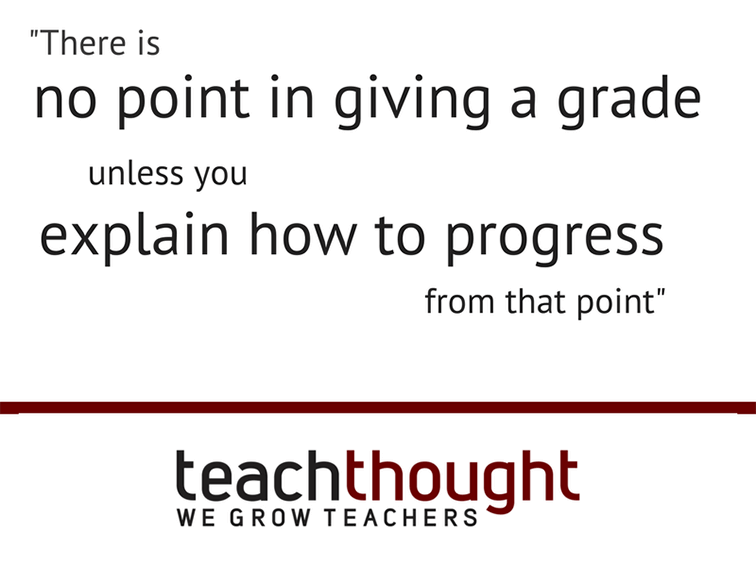
When seeking to develop skills, feedback (and it must be timely) is only useful if it informs the student what areas need to be worked on.
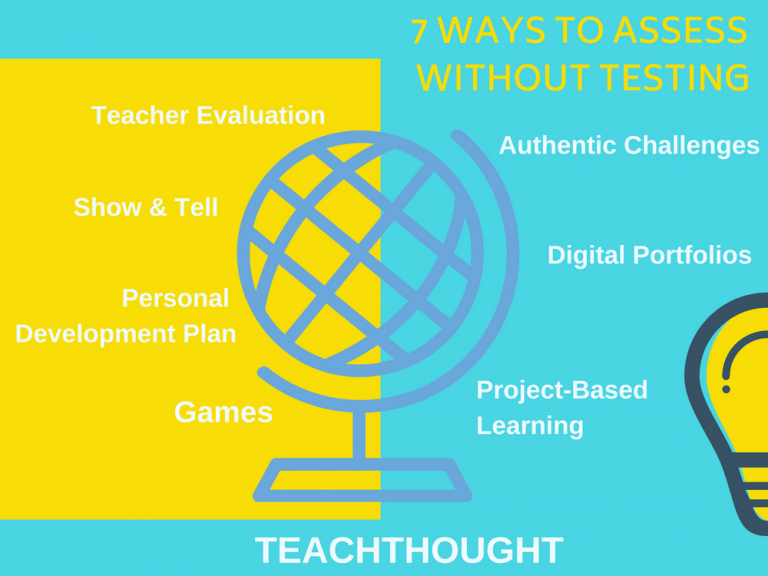
At a recent teachers conference, one of the most astute comments was ‘you can assess without testing.’ There are many ways to assess.

Akshat Sharma, Product Manager @ Google for Education, gathered 6 improved features they’ve made to Google Forms.
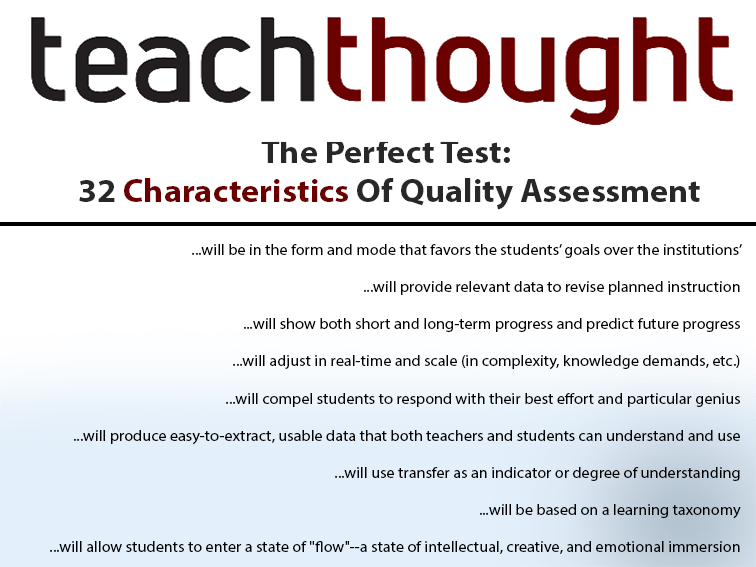
If we can design anything–not just digitize multiple choice questions, but start from scratch — what would a quality assessment be like?

Students can express themselves and demonstrate knowledge in new ways. Here are 100 things they can create to show what they know.

To tell a student ‘great job’ or ‘this needs work’ is a missed opportunity. Specific, quality learning feedback can change your teaching.

An authentic assessment is meant to focus on the impact of one’s work in real or realistic contexts.
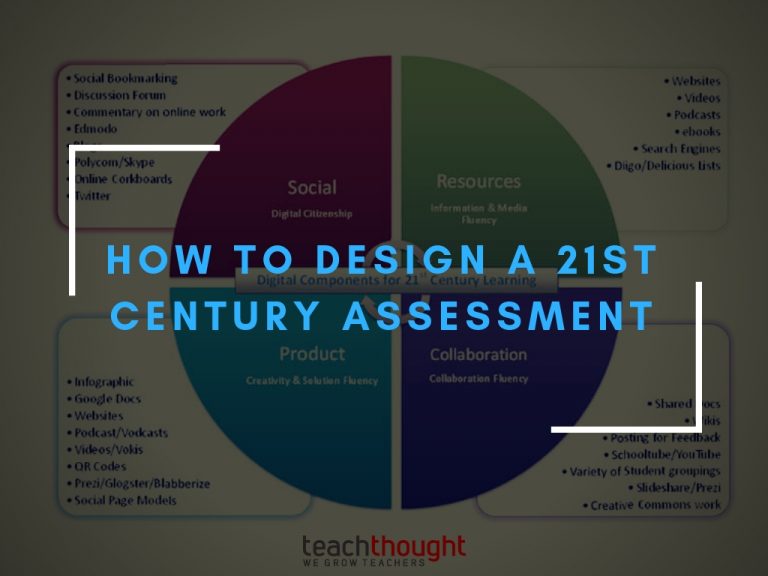
21st century assessment design involves using digital tools, collaborating with others, performance tasks, and more.
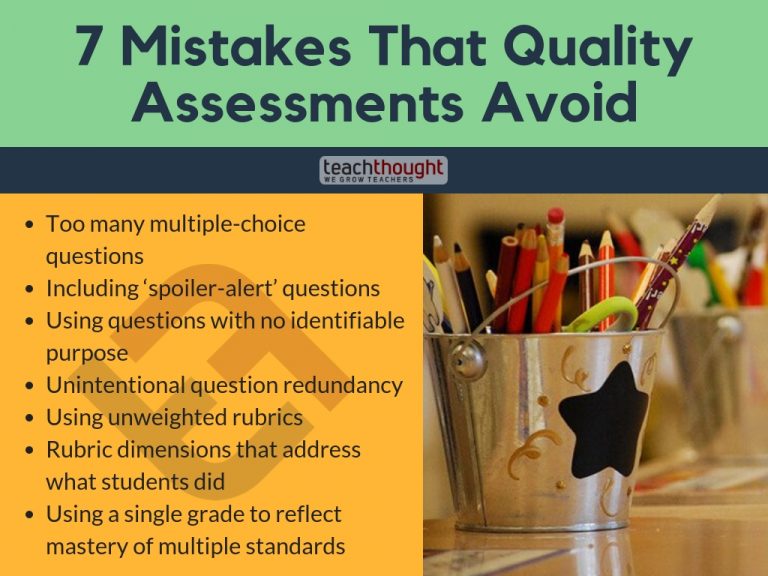
Quality assessments seek to learn: what knowledge will I gain about my students’ mastery levels of standards by their answers to questions?
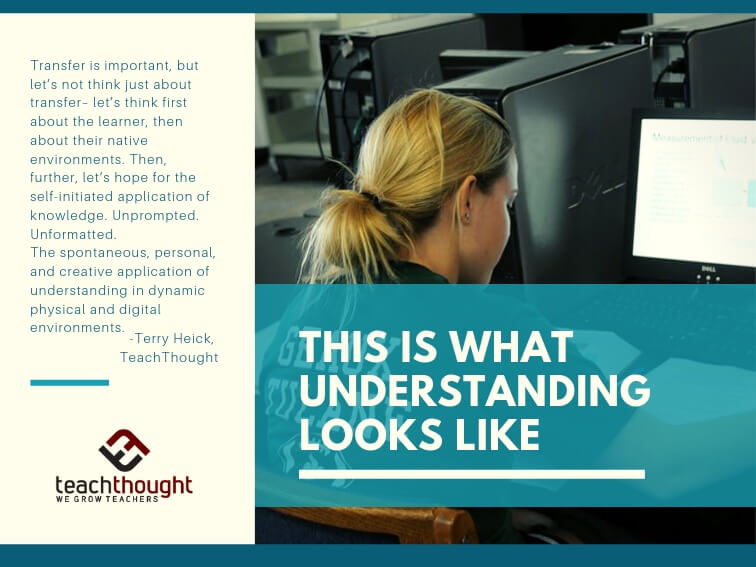
Understanding promotes the spontaneous, personal, and creative application of understanding in dynamic physical and digital environments.
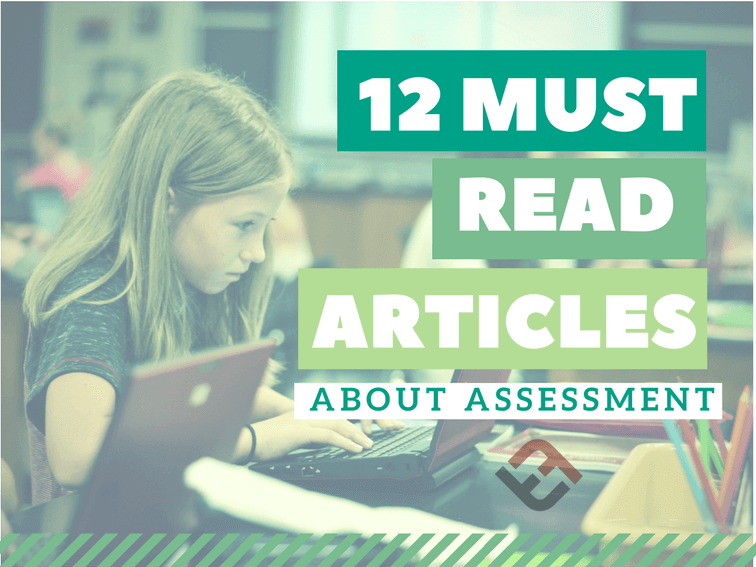
We’ve gathered 12 of our favorite articles about assessment. They cover a variety of angles, from purpose to function to assessment.
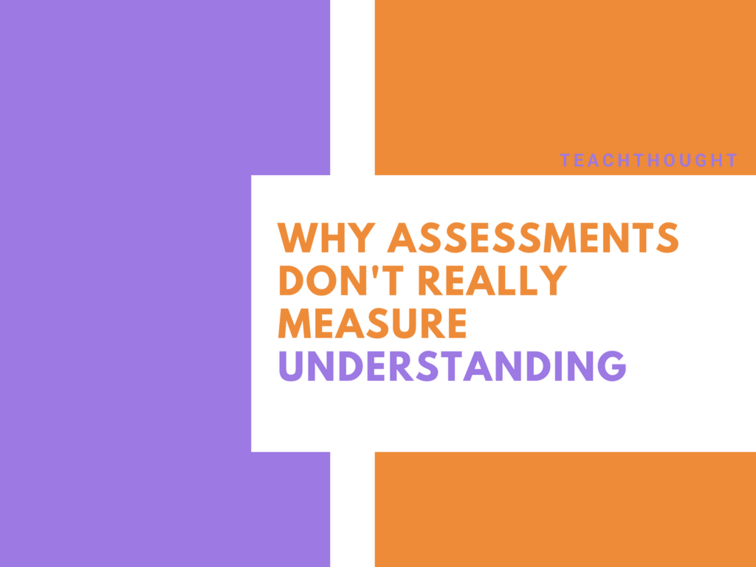
If you can show all assessment results, learners may realize that understanding is evasive, evolving, and as dynamic as their imaginations.
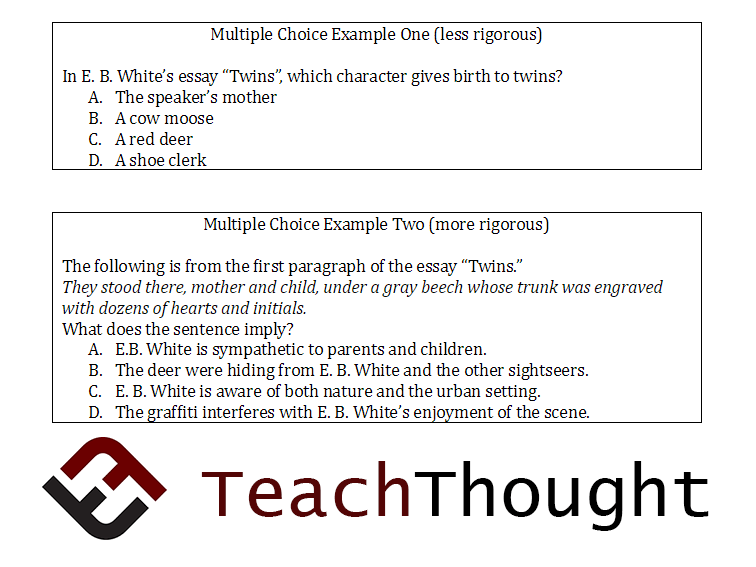
In your assessments, strive for a level of rigor that challenges the students while remaining accessible and even compelling.
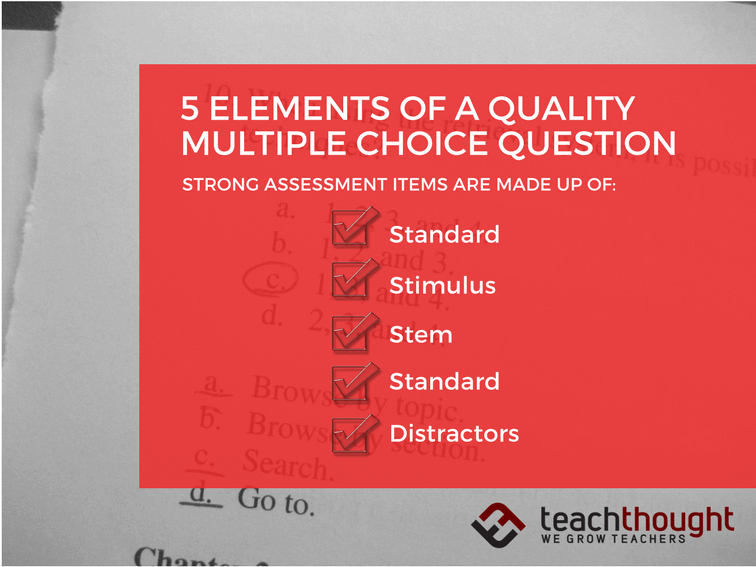
The five elements of a quality multiple choice question include standards, stimuli, stems, keys, and distractors.